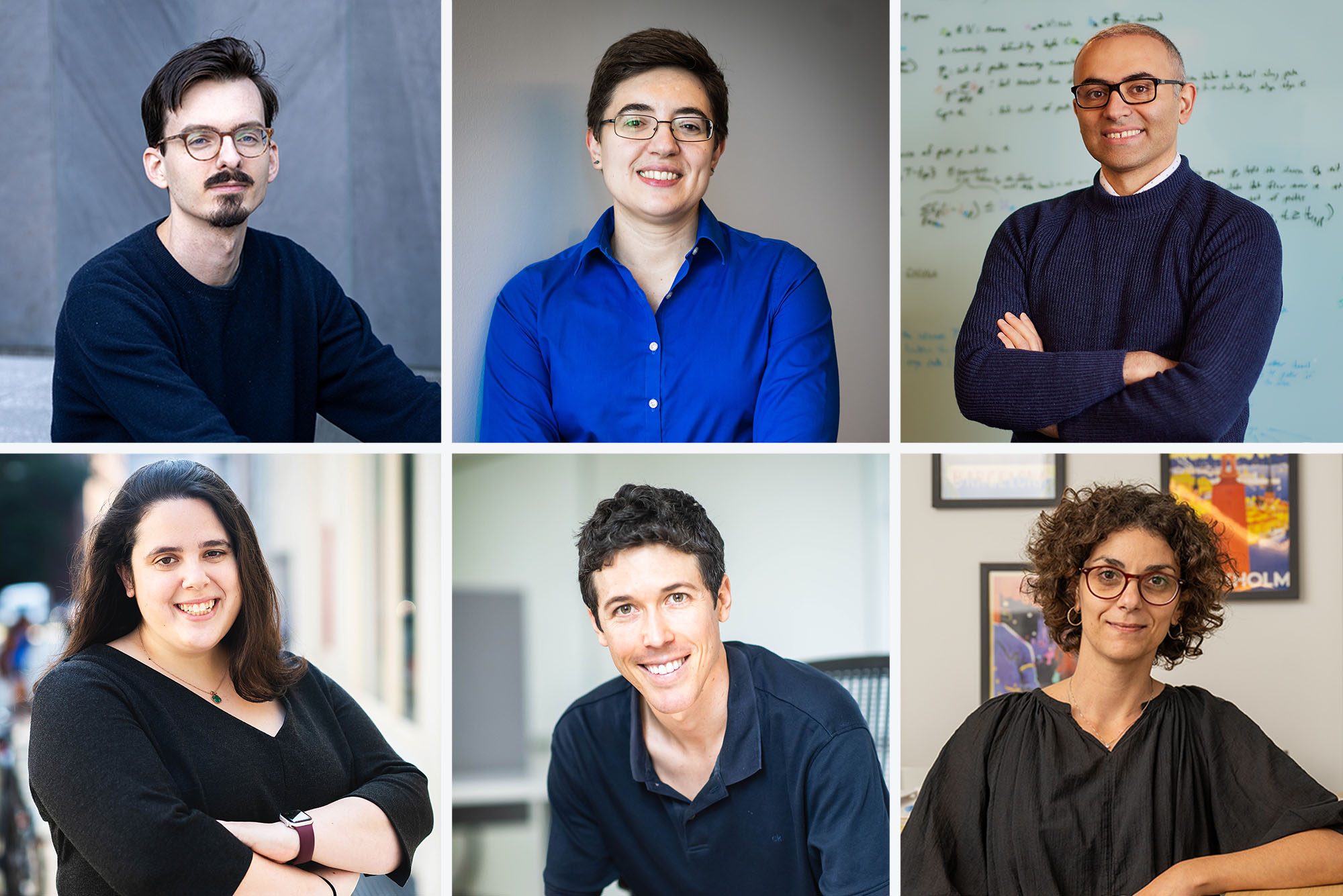The Brink: National Science Foundation Honors 6 BU Researchers with CAREER Awards
 Excerpt from The Brink | By: Andrew Thurston | November 12, 2025 | Photo: Jackie Ricciardi, Cydney Scott, and Dana J. Quigley
Excerpt from The Brink | By: Andrew Thurston | November 12, 2025 | Photo: Jackie Ricciardi, Cydney Scott, and Dana J. Quigley
Six Boston University researchers have recently been awarded a Faculty Early Career Development Program (CAREER) award from the National Science Foundation (NSF) to propel their research. Although the awards are given to researchers from a broad range of fields, the BU winners all have a computer science–related focus, from programming safer robots to making assistive AI more responsive to people with low vision.
The awards recognize researchers with the “potential to serve as academic role models in research and education and to lead advances in the mission of their department or organization,” according to the NSF. Honorees are selected based on the strength of their innovative research and community service. Each of the BU winners will use the award, which comes with funding, to drive their own work, as well as to support student researchers in their labs.
No matter where you are in the world, signing up for a free social service usually involves two things: paperwork and long waits. Kira Goldner, a Faculty of Computing & Data Sciences assistant professor, studies the math behind what she calls these consumer “ordeals” with the goal of finding more efficient ways of allocating resources and services.
“While these ordeals align incentives and ration demand, they impose a significant cost to consumers,” says Goldner. And, unlike a financial payment, those ordeal costs don’t even benefit the organizations running the system. Goldner’s research digs into the practical trade-offs between rationing services—without any legwork by consumers—or making consumers prove their level of need through these ordeals. “Society will benefit from simple, explainable mechanisms with provable guarantees and guiding principles as to when to use which in practice,” says Goldner. The research will also, she says, help reduce inequities in social service provision.
Read more about the research here.